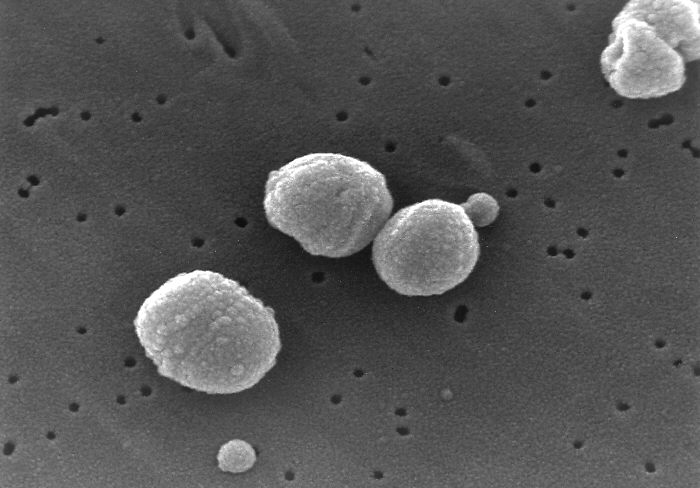The return of the roundup! There were just some cool things happening this week that I couldn't ignore. Here we go!
1. Neptune Gets a 14th Moon
By studying some pictures that Hubble took in an effort to learn more about Neptune's rings, astronomer Mark Schowalter was surprised to discover an "extra dot" after letting the images process one day.
This moon is yet unnamed, but is the first discovered for Neptune in a decade, and brings Neptune's moon count up to fourteen.
It's a small moon--maybe only ten or twelve miles in diameter--but hey, considering that it orbits the farthest planet out in our solar system (averaging over 2.7 billion miles away from Earth), I'm still just impressed that we can even detect such things!
2. Long-Necked Dinosaurs Went Through a LOT of Teeth
Sauropods (aka long-necked dinosaurs) had tooth replacement, like sharks and many other modern animals have. However, it's now known that some of them blew through their teeth ridiculously quickly: in as little as 30-60 days, they would develop, use, and replace each tooth.
The suggested reason for this is that in order to get enough food, sauropods (who didn't chew), had to snip such an enormous amount of leaves and branches every day with their peg-like teeth, that those teeth just wore out almost the moment they'd finished erupting in their mouth.
Not every species of sauropod had the same rate of tooth replacement, though. Some were faster, some were slower, and this indicates they were utilizing different plants for their diets. This helps to explain how many species of long-necked dinosaurs could share the same habitats and not be in direct competition.
You know, I was always a postcranial gal in my paleontological studies, but what scientists are able to learn using teeth nowadays is admittedly, pretty dang awesome.
3. Genes Help Distinguish Viral vs Bacterial Induced Fevers
Antibiotics only help against bacterial infections, but when you have a fever, how can you tell if its from bacteria or from a virus?
Now, a new test may help. The activity of your genes change as you're fighting off disease, and with certain genes, they change differently if your illness is caused by a virus or bacteria. Researchers have identified 18 specific genes that help tell these causes apart.
If this method becomes popularized, it could significantly slow down the evolution of antibacterial resistance in bacteria, since often that develops because of over-prescribed antibiotics. If doctors can determine with a quick and simple test that your fever is from a virus, and not bacteria, they won't give you unnecessary antibiotics. This is definitely a "thinking outside the box" sort of plan, and I hope we see more things like this in medicine in the future!



No comments:
Post a Comment